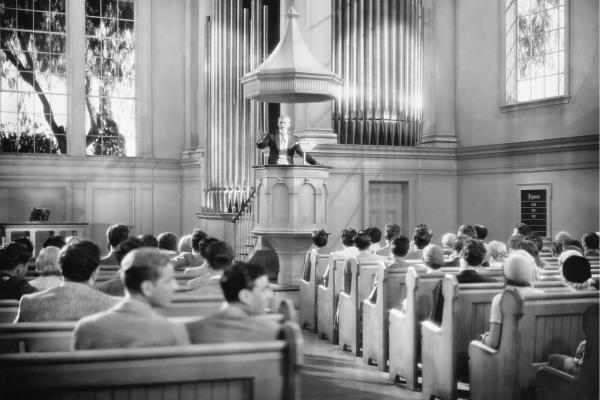Aug 22, 2017
Has your pastor addressed the events of Charlottesville directly? Did they say that the racism and white supremacy are evil and contrary to everything that Jesus taught and lived?
Read the Full Article

Already a subscriber? Login
